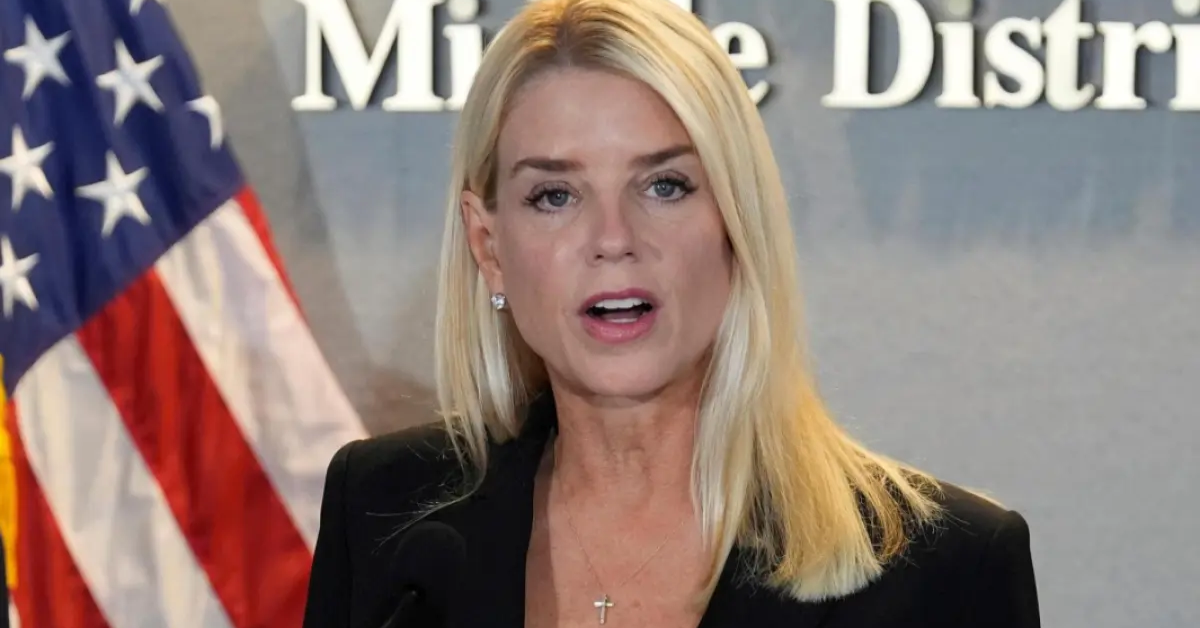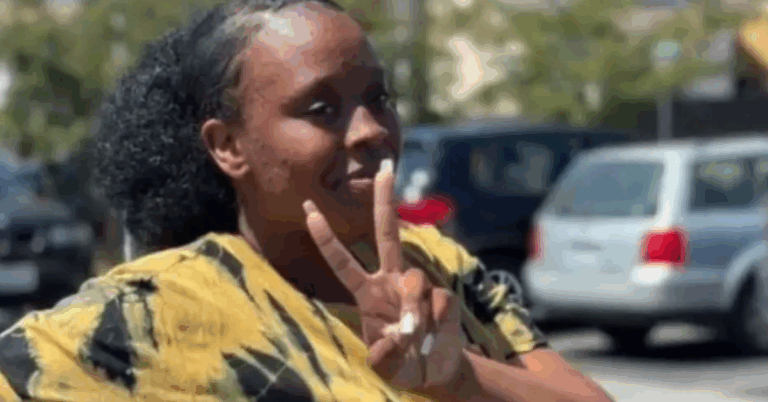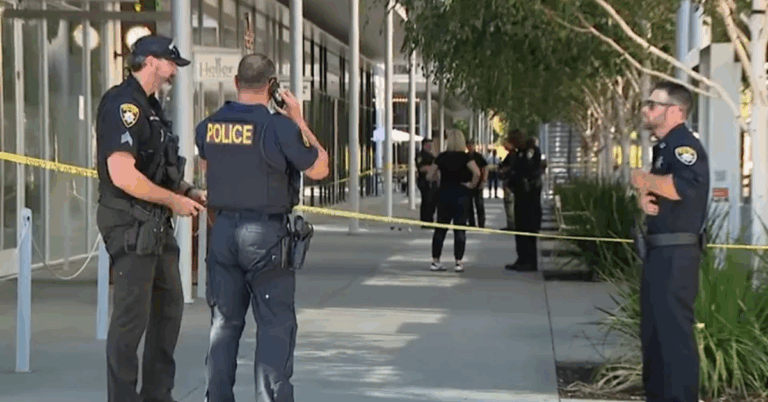
The recent statement by Bondi declaring that the Department of Justice (DOJ) will “target” anyone involved in hate speech has stirred a significant controversy. Many people believe that calling out hate speech is necessary, but some view Bondi’s approach as too strict and potentially harmful to free speech rights. This conflict between security and freedom has sparked hot discussions across social media and news platforms.
Understanding both sides of the argument is crucial, especially as hate speech laws and enforcement continue to evolve in the United States. For young audiences and those who follow government news, it’s important to explore what this statement means and its potential impact on society. We’ll take a closer look at the criticisms Bondi faces, the DOJ’s role, and expert opinions on the topic to provide a balanced view.
What Did Bondi Exactly Say?
Sally Yates Bondi, a former government official, made a strong claim that the DOJ is prepared to “target” anyone who participates in hate speech. According to a report by NPR, she emphasized that hate speech is not just a matter of opinion but often leads to real harm and violence, which the DOJ cannot ignore. Bondi’s statement aims to show the government’s focus on tackling online and offline hate activities seriously.
However, her wording raised concerns about the potential for overreach. Critics fear that labeling speech as “hate speech” could be subjective, leading to the targeting of people unfairly. This debate highlights the thin line between protecting people from harmful speech and preserving free expression rights guaranteed by the Constitution.
Why Is Bondi Being Criticized?
The main criticism against Bondi’s statement is about the word “target.” Some believe this term sounds aggressive and threatening, possibly implying harsh consequences for speech that might be unpopular but not necessarily illegal. Many advocates for free speech, including those cited by ACLU, worry that this could lead to censorship and a chilling effect where people avoid speaking freely out of fear of legal trouble.
Furthermore, critics argue that hate speech laws can be vague and inconsistently applied. What one person sees as hate speech, another might see as a difference of opinion. This vagueness risks misuse by authorities, potentially harming innocent individuals or minority groups who express controversial views. These concerns prompt calls for clearer definitions and fair enforcement policies.
The Role of the DOJ in Addressing Hate Speech
The DOJ’s job includes ensuring public safety and enforcing laws that prevent hate crimes and discrimination. According to the official DOJ website, hate speech that incites violence or intimidation legally crosses a line and can be prosecuted. The DOJ has stated its commitment to dealing firmly with such cases to protect victims and maintain peace.
However, the DOJ must balance this duty with respecting Americans’ constitutional freedom of speech. The ongoing debate is how to effectively target genuinely harmful speech without infringing on basic rights. Some experts suggest focusing on education and community programs alongside legal measures to reduce hate-related incidents.
How Young People Can Understand and Respond
For young readers, especially those active on social media, understanding hate speech and its consequences is vital. Hate speech may seem just like strong opinions, but it can fuel real harm and division. At the same time, being aware of free speech rights helps ensure that people know when their expression is protected and when it might cross the line.
Engaging in respectful conversations, reporting hate speech to platform moderators, and supporting inclusive communities are practical ways young people can respond. Informed discussions about government policies and public statements like Bondi’s help everyone stay aware of how society is dealing with these challenges.
Conclusion: Finding a Balance Between Safety and Freedom
The controversy around Bondi’s statement serves as a reminder that the fight against hate speech is complex. The DOJ’s responsibility to protect citizens must be matched with fair treatment of speech rights. Open dialogue, transparent laws, and careful enforcement are critical to managing this sensitive issue effectively.
As this debate progresses, it’s important for citizens, especially the younger generation, to stay informed and actively participate in shaping a society that respects both safety and freedom. For accurate and current updates, trusted sources like NPR and the DOJ website offer valuable information to understand these evolving topics.









